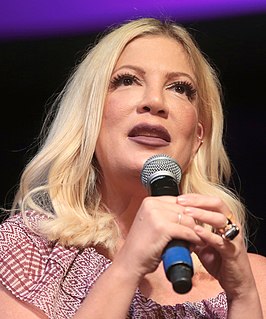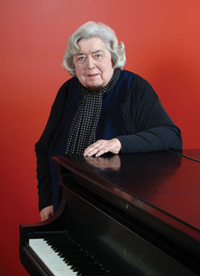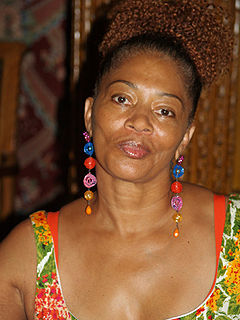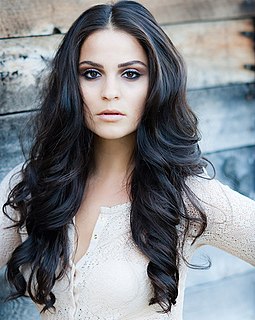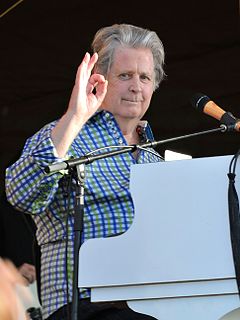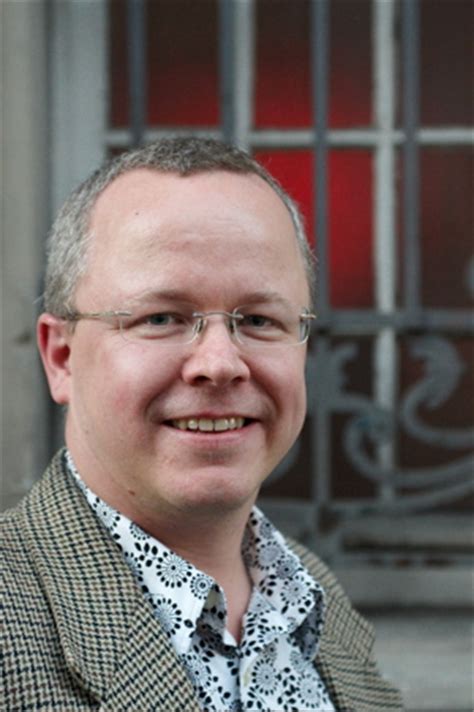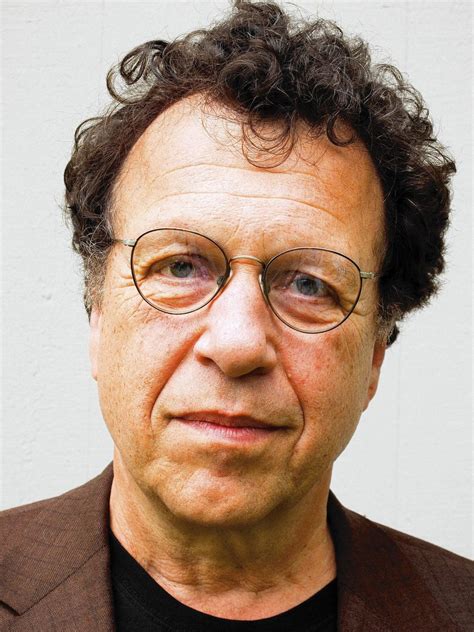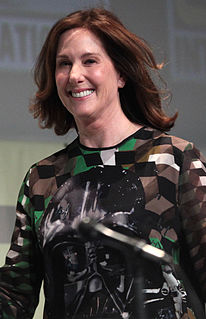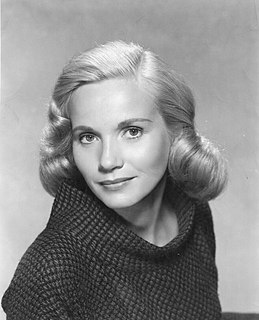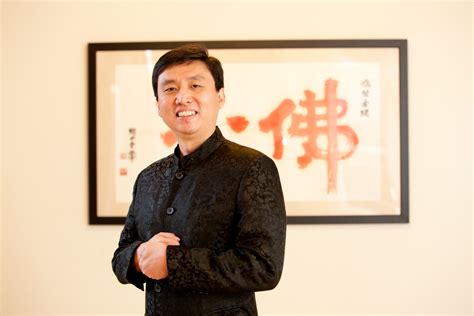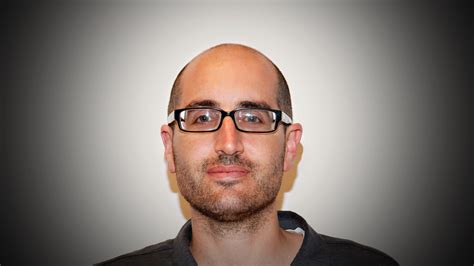Top 1200 Emotional Experiences Quotes & Sayings
Explore popular Emotional Experiences quotes.
Last updated on April 14, 2025.
Strong emotional experiences are for the most part impersonal. Anyone who has hated another person so much that only chance stands between that person and death knows this, as does whoever has fallen into the catastrophe of a deep depression, anyone who has loved a woman to the dregs, anyone who has beaten others bloody or ever come up behind another person with muscles trembling. "Losing one's head," language calls it. Emotional experience is, in itself, poor in qualities; qualities are brought to it by the person who has the experience.
The very same brain centers that interpret and feel physical pain also become activated during experiences of emotional rejection. In brain scans, they light up in response to social ostracism, just as they would when triggered by physically harmful stimuli. When people speak of feeling hurt or of having emotional pain, they are not being abstract or poetic, but scientifically quite precise.
I like to think of what happens to characters in good novels and stories as knots--things keep knotting up. And by the end of the story--readers see an unknotting of sorts. Not what you expect, not the easy answers you get on TV, not wash and wear philosophies, but a reproduction of believable, emotional experiences.
The way my brain works, it created me thirsty. From the off, I was a sponge for information that had emotional connotations, I think that was it. I was brought up to see the world as emotional, and anything that I could get my hands on that helped me explore that emotional stuff, I was fascinated by.
Sociopaths differ fairly dramatically in how their brains react to emotional words. An emotional word is love, hate, anger, mom, death, anything that we associate with an emotional reaction. We are wired to process those words more readily than neutral, nonemotional words. We are very emotional creatures. But sociopaths listen as evenly to emotional words as they do to lamp or book - there's no neurological difference.
I believe life experiences are what an actor needs to relate to the character roles they take on, and to say the least, I've had many experiences leading up to this moment. Not only have my experiences become a tremendous asset in my acting, but also they helped me discover who I am and who I want to be.
Happiness is not the endless pursuit of pleasant experiences - that sounds more like a recipe for exhaustion - but a way of being that results from cultivating a benevolent mind, emotional balance, inner freedom, inner peace, and wisdom. Each of these qualities is a skill that can be enhanced through training the mind.
I got letters from people that have had peculiar psychic experiences, experiences with the dead - sometimes fairly tranquil experiences and sometimes very terrifying experiences. I do believe that a lot of them are sincere. I do believe, also, that some of them may be misguided. But, I think the majority of them have experienced something.
You don't know the things in your childhood that influence you. You can't possibly know them. People today try to analyze the early environment and the reasons for something that happened, but if you look at children of the same family -- children who have identical parents, go to identical schools, have an almost identical upbringing, and yet who have totally different experiences and neuroses -- you realize that what influences the children is not so much the obvious externals as their emotional experiences. Of course any psychiatrist knows that.
Our behaviour as an athlete is often determined by our previous experiences and how we dealt with those experiences. It is these experiences from past performances that can often shape what will happen in the future. It is for this reason that you learn and move on to be more mentally stronger as both an athlete and as a human!
Emotional self-control is NOT the same as overcontrol, the stifling of all feeling and spontaneity....when such emotional suppression is chronic, it can impair thinking, hamper intellectual performance and interfere with smooth social interaction. By contrast, emotional competence implies we have a choice as to how we express our feelings.
A teenager can find lots of games, but that's not necessarily true for adults over 30. As you get older, you desire more intellectual, emotional experiences. If you look at film, there's many different genres. No matter how old you are, you can find the type of movie you like. That's a sign of a mature medium.
I have been shaped by the experiences of the people who are closest to me, by the things I've learned from [my wife] Martha, by my hopes and my concerns for my children, Philip and Laura, by the experiences of members of my family, who are getting older, by my sister's experiences as a trial lawyer in a profession that has traditionally been dominated by men.
I think we need to reckon in a very serious way with the emotional content of news and the way that people perceive facts and their perception of their situation and to me I think the tabloid is like fundamentally an emotional form of journalism and that kind of emotional valence is what distinguishes it from the broad sheet.
I'm aware of narrating certain experiences as they happen or obliterating those experiences with narrative and then those stories - not the experiences themselves - might become material for art. This kind of transformation shows up a lot in 10:04 because the book tracks the transposition of fact into fiction in the New Yorker stor
I think the reason that swearing is both so offensive and so attractive is that it is a way to push people's emotional buttons, and especially their negative emotional buttons. Because words soak up emotional connotations and are processed involuntarily by the listener, you can't will yourself not to treat the word in terms of what it means.


